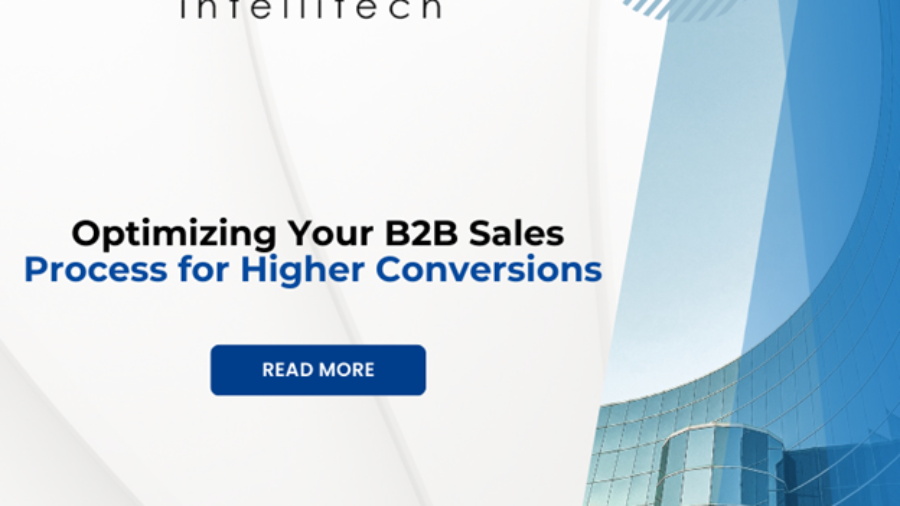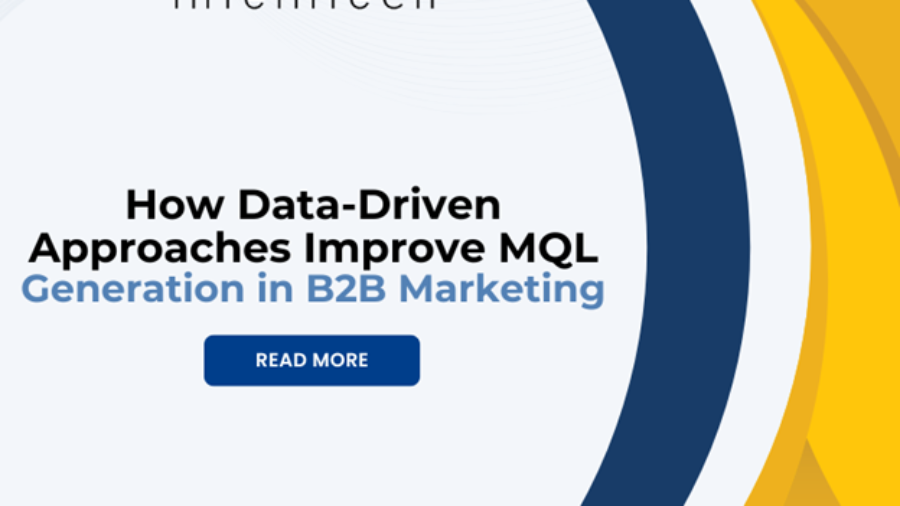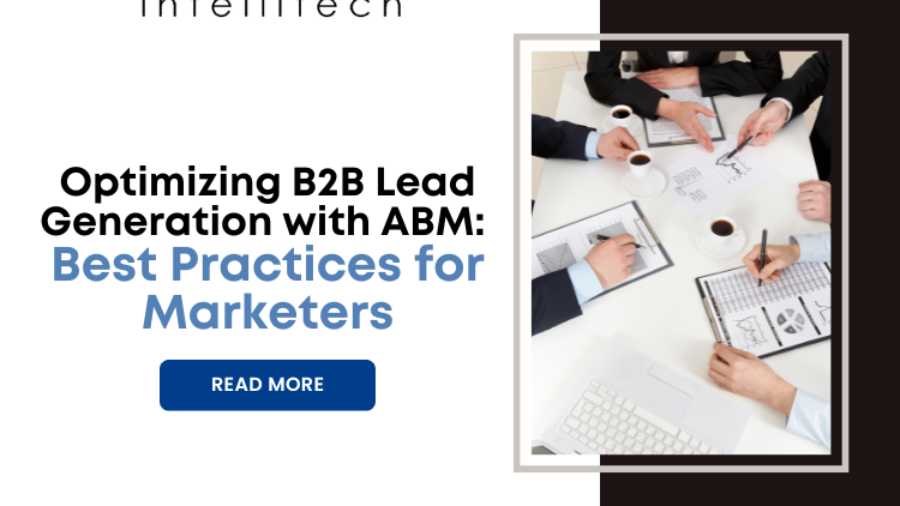In the fast-paced world of B2B sales, simply generating leads isn’t enough—optimizing your sales process is key to converting those leads into paying customers. The sales journey in the B2B sector is often more complex and drawn-out than in B2C. With decision-making involving multiple stakeholders, larger contract values, and more informed buyers, a strategic approach is critical. Here are some actionable ways to optimize your B2B sales process for higher conversions.
Align Sales and Marketing Teams
For a seamless sales process, your sales and marketing teams must be aligned. Marketing can generate interest and guide leads through the awareness and consideration stages, but sales needs to take the baton and drive those leads to the decision phase. A consistent flow of information between these teams ensures that marketing-qualified leads (MQLs) are correctly nurtured and passed to sales at the right time.
Leverage Account-Based Marketing
With ABM, sales and marketing efforts are hyper-targeted toward specific high-value accounts, personalizing the buyer journey for key decision-makers. Sales teams can work closely with marketing to craft personalized messages, conduct targeted outreach, and address the unique pain points of each account, ultimately increasing the chance of conversion.
Utilize Data-Driven Insights
In B2B sales, data is your best friend. A data-driven approach allows your team to identify trends, monitor the performance of sales campaigns, and adjust strategies based on what works. By analyzing customer behavior, you can gain a better understanding of your prospects’ needs and expectations, enabling you to tailor your sales approach.
Conclusion
Optimizing your B2B sales process is not just about refining individual tactics but creating a cohesive, efficient system that moves leads through the funnel and converts them into customers. By aligning your sales and marketing efforts, leveraging data-driven strategies, and continuously refining your approach, you can create a sales process that delivers higher conversions and long-term business success.





